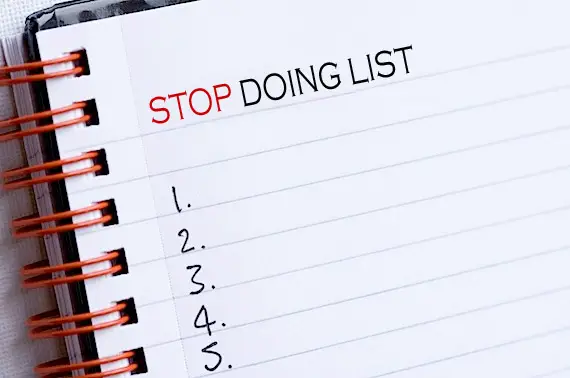In trading more action and time spent watching screens is not necessarily rewarded with more profits. The majority of the time trading every day and watching every tick in price is not rewarded by making more money the odds are greater that emotional errors of over activity will be made.
Ed Seykota had some of the best annual trend trading returns for decades and traded strictly with end of day data. Nicolas Darvas also made millions by only placing trades after the market close. For small accounts the more you trade the more commissions you pay that can cost you a percentage of your profits. New traders can be tempted to make bad decisions outside their trading plan intra-day when watching the market for hours if the desire to to something becomes too strong. Some of the most profitable professional money managers and traders in history were trend followers and position traders that executed quantified trend following systems that simply got on the right side of some trends and stayed there until there was a good signal to exit their trade.
Trading does not reward the time you spend watching price action or how many times you entered and exited trades. Over the long term the market rewards right action, following trends, buying big dips in price during up trends, creating trades with great potential risk/reward ratios, and your edge over other traders.
Over trading is when a trader takes a trade based on fear, greed, desperation, or ego instead of a valid entry signal. Over trading is due mostly to wanting to be profitable so bad that impulses are driving decisions instead of a trading plan. If a trader has an edge over the markets then they want to take the trades presented to them within their system parameters, the more signals the better. If a trader takes trades that are not based on robust entry parameters the more trades they take the quicker they will lose money and have a draw down in capital.
- For smaller accounts over trading can rack up large commission costs that can eat into profitability.
- The bid/ask spread is an expense that pays the market makers. The more you trade the more you pay.
- The more you trade the more you can be front run and gamed by High Frequency Traders. You can beat High Frequency Traders with Low Frequency Trading. You avoid the intra-day price action noise they feed off of.
- Trading too much gets you into bad entries when you should have been waiting for good entries. Entries have to be based on signals and risk/reward ratios not the emotional chasing of gains.
- Over trading is bad trading. Generally over trading is the external results of bad internal self controls. It is the epitome of not having a trading plan, lacking discipline, and not following a trading plan. Over trading will cause you to lose faith in yourself as a trader with the discipline to follow a plan. Over trading can lead to mental ruin only take the right trades that meet your own guidelines and trading plan based on homework and research.
In most professions working more is what makes you more money. If you are paid for your time the more you work the more money you make. This does not transfer into trading. Over trading can be expensive in trading losses, losing in the bid/ask spread, and commission cost. The best trades come when you are patient and wait for the right entry signal and set up. More trading does not necessarily mean more profits, it is usually means the opposite, losses.
Here are 10 productive things that you can do to improve your trading when the market is too dull, too volatile, or you are waiting for your entry signal.
- Back test new entry and exit parameters.
- Study charts of the best performing stocks in history.
- Study the charts of the worst market crashes.
- Study the charts of the strongest bull markets.
- Look at how your technical indicators perform on charts of indexes and stocks.
- Read trading books.
- Learn how to use all the functions in your charting platform.
- Read great trading blog articles.
- Listen to interviews with great traders.
- Chat with other traders.
These are better places to invest your time and energy than forcing trades that just aren’t there yet. My best trading months and years were when I was letting a winning trade run during a market trend not setting in front of my computer staring at screens for 8 hours a day.
